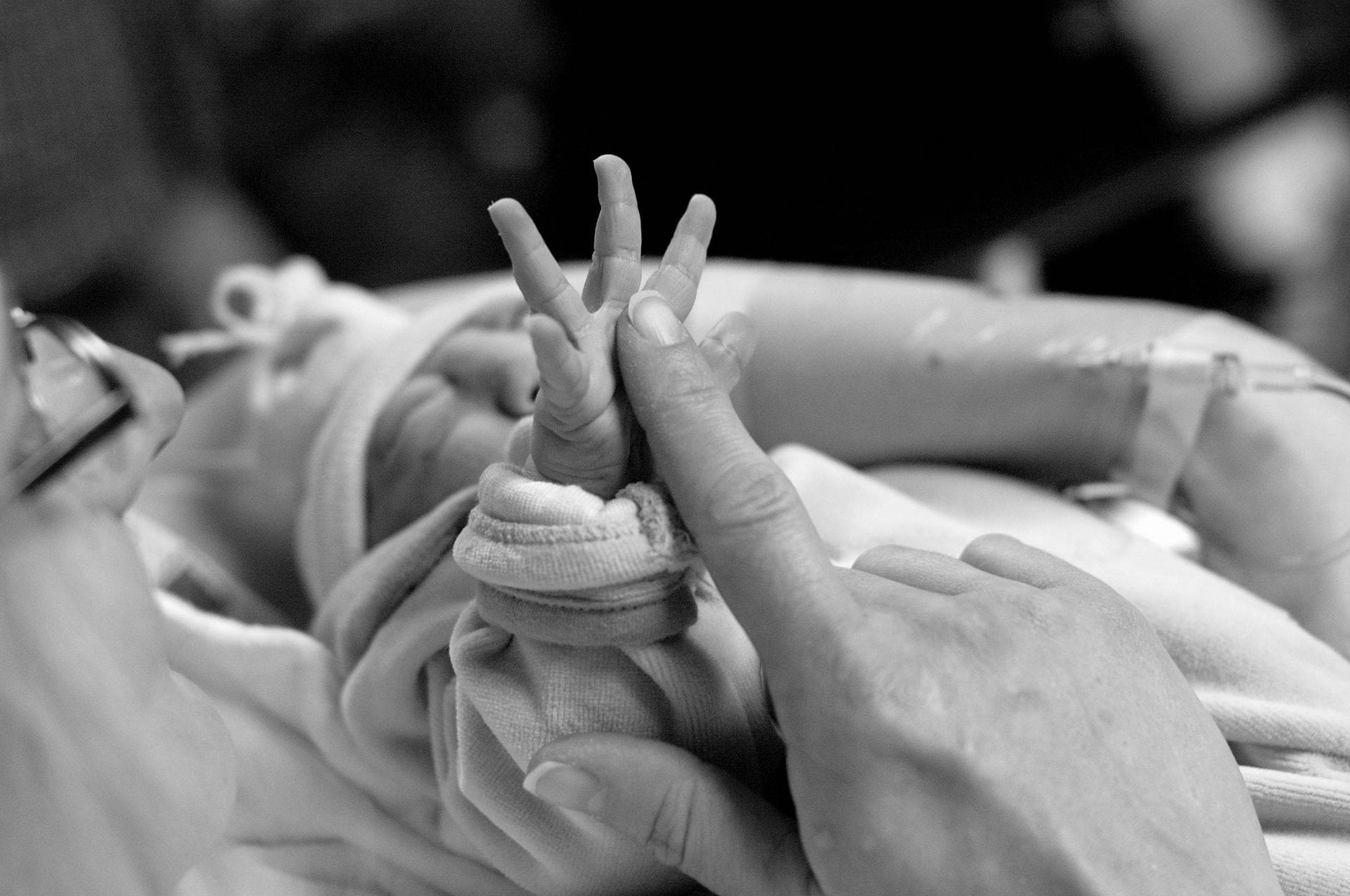Insurance companies are supposed to notify policyholders if part of the premium they pay could be used to cover abortions – that was part of a compromise with anti-abortion Democrats that helped get Obamacare passed in 2010.
But a new report from the Government Accountability Office says they’re not doing that, and Catholic bishops are sounding the alarm.
“This report confirms the US bishops’ longstanding concern about abortion coverage that we raised both before and after enactment of the Affordable Care Act by Congress,” Cardinal Sean P. O’Malley, chairman of the bishops’ pro-life committee, said in a statement. “Surveys have shown that most Americans do not want elective abortion in their health coverage, and do not want their tax dollars to fund abortions. Their wishes are not being followed, and it can be difficult or impossible for them to find out whether those wishes are respected even in their own health plan.”
The GAO said in a report released late Monday that only 1 of 18 insurers it reviewed was separately itemizing a charge for coverage of elective abortions on enrollees’ bills.
That detail is important because the original compromise that President Barack Obama sealed with anti-abortion Democrats stipulated that no federal funds would be used to pay for elective abortions. Instead, private health plans covering the procedure would collect a separate premium, which would be segregated from federal subsidies for other medical services.
At the time of the bill’s passage, Catholic bishops rejected this compromise.
Calling the compromise a “separation gimmick,” Richard Doerflinger, associate director of the bishops’ pro-life office, told Crux that the GAO report shows “how completely the alleged safeguards have been ignored.”
The new GAO review did not address the fundamental question of whether federal subsidies under the health law are being used for elective abortions, but abortion opponents said the findings underscore their view that the compromise is an accounting gimmick.
Catholic bishops in the US have long supported universal access to healthcare, and while they recommended lawmakers vote against the final version of the bill in 2010, they have not joined efforts to repeal the Affordable Care Act.
“The opportunity for fixing specific problems is still there, and that’s what we want to do,” Doerflinger said.
O’Malley, of the Archdiocese of Boston, said that the “only adequate solution to this problem is the one the Catholic bishops advocated from the beginning of the health care reform debate in Congress: Bring the Affordable Care Act into compliance with the Hyde amendment and every other federal law on abortion funding, by excluding elective abortions from health plans subsidized with federal funds.”
“Many health plans do not inform enrollees about their inclusion of abortion coverage, they do not tell them how much they are being charged for such coverage, and they do not charge a ‘separate payment’ for abortions that is distinct from the premium payment eligible for federal tax subsidies,” the statement said.
The US Conference of Catholic Bishops has supported religious communities and Catholic universities filing lawsuits over specific provisions, generally seeking broader religious exemptions and conscience protections that currently only apply to places of worship. Also, they say that the law fails to provide universal access since it prohibits undocumented immigrants from registering on state exchanges.
The new GAO review did not address the fundamental question of whether federal subsidies under the health law are being used for elective abortions, but abortion opponents said the findings underscore their view that the compromise is an accounting gimmick.
In a written response, the Health and Human Services Department said it “acknowledges that additional clarification may be needed” when it comes to the health law’s provisions on abortions.
The report also found that some insurers were unaware of a requirement in the law that they notify policyholders if they cover elective abortions. Abortion opponents have complained that it’s very difficult for average consumers to determine whether or not their plan covers the procedure. Abortion supporters say they would also like clearer information.
Most health plans offered through employers routinely cover abortions. The health care law created new state insurance markets where people who don’t have access to job-based coverage can buy a government-subsidized policy. The flow of taxpayer dollars to insurers in the new exchanges created another battleground for opponents and supporters of abortion.
According to the report, the insurers said the premiums being charged to policyholders averaged less than a dollar per month, but only one company told consumers that they were paying the fee. That insurer described the surcharge “for coverage of services for which member subsidies may not be used.”
The report was released by the House Energy and Commerce Committee.
Material from the Associated Press was used in this report.















